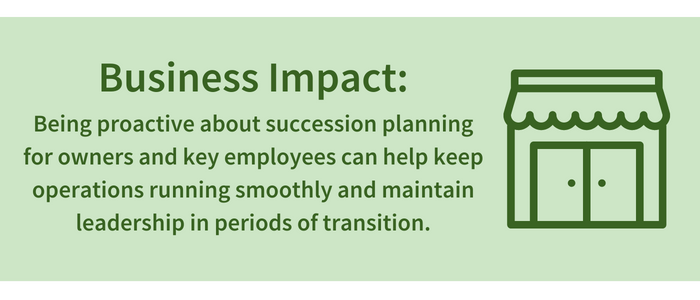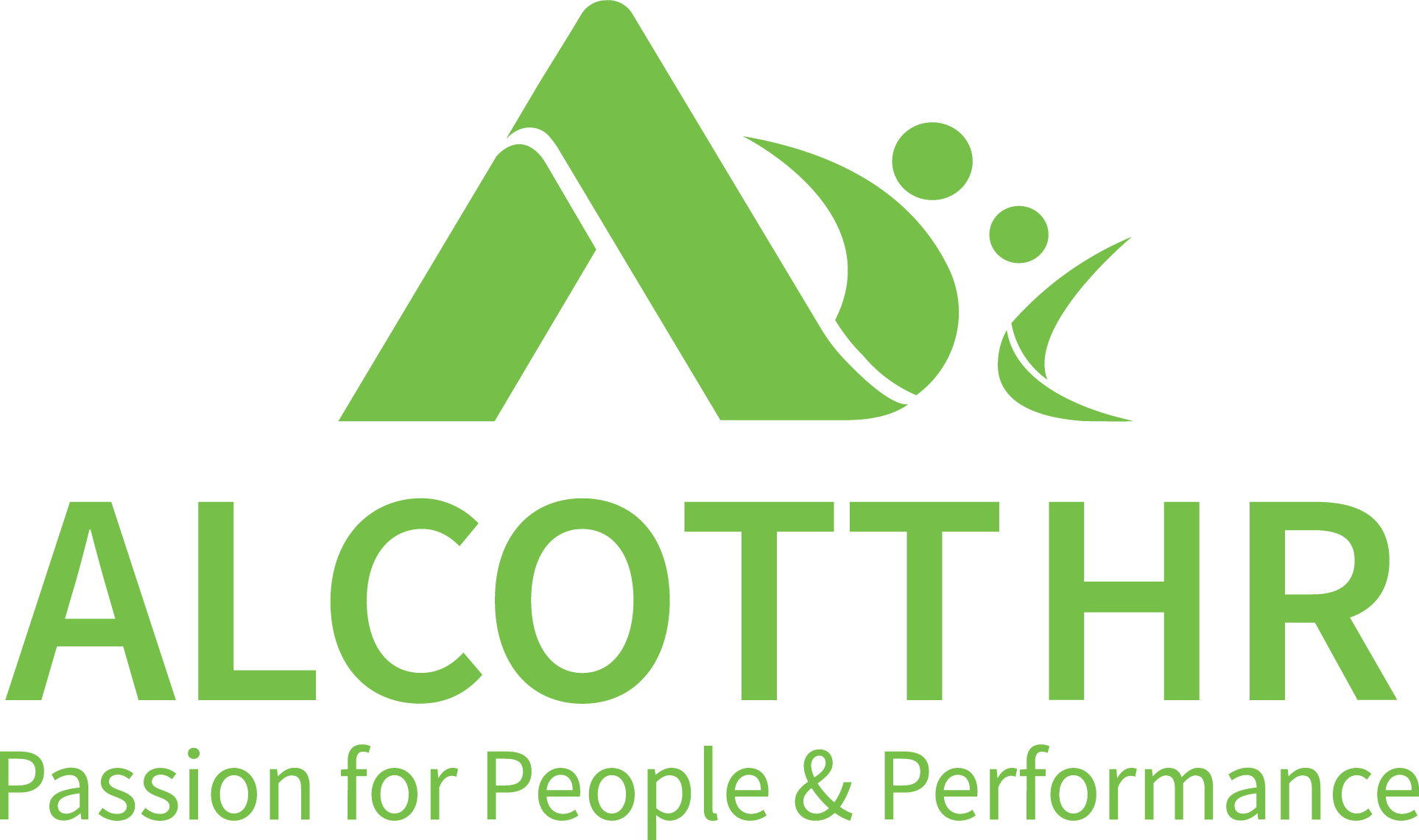Succession Planning at Small Businesses

Family owned 2nd and 3rd generation businesses have unique challenges when it comes to succession planning. As a business owner, planning for your own succession or those of your long-time employees may feel daunting at times. However, when planned for, the transitions can be smooth and provide business continuity for the family-owned business you’ve worked hard to build and sustain.
The Next Generation
Most family business owners are so involved with running their business, they may not be thinking about who will be taking over in the future. Successful succession planning may take upwards of 5-10 years and won’t happen overnight. It’s important that you determine who will take over, provide clear instructions and make sure that you’ve ironed out all the details. Failing to do so may lead to a chaotic transition. Don’t wait until you’re ready to pass the reins to start planning for your future and the future of the business.
Handing over the reins to your company may be challenging and you may have difficulty letting go. Discuss with your successor the expectations they have regarding your involvement and consider easing your way out the door by still participating as a Board Member or some other role during the crucial transitional phase.
Keep your management team and employees aware of your future plans. They may be concerned for their own job security and wondering whether the company will still be in business. Communicating the plans in advance will alleviate their uncertainty.
The Long-Timers
In addition to your own succession plan, you may have key employees that have been onsite longer than you, they may have started on the ground floor with the founding members of your company. You may feel that they know more than you do based on their decades of experience. Planning for the succession of key employees can be just as important as planning for your own. They could be critical to keeping operations running as well as maintaining leadership in periods of transition. How do you extract all those years of experience so when they’re ready to retire, your organization doesn’t have a huge skills/knowledge gap? Plan for the succession of key employees by:
- Having them mentor others and share their knowledge on a day to day basis
- Encouraging them to share not only their success stories but also experiences that were challenging with their co-workers so newer employees get a sense of the company history
- Download their memory – do they have key information, contacts, or more that they haven’t stored in a shared file system?
- Task them with recording this information for others to use
Succession planning is a topic most managers and business owners don’t always think about until they need to. How do you successfully organize your succession planning? There are grids and programs available to map out succession plans and identify who is ready to be promoted or transferred into an open position. Include your management team and discuss the employees and those that may be ready for the next step.
- Provide opportunities to broaden their knowledge of all aspects of the company via cross-training, job sharing and more
- Encourage them to advance their education and provide the resources to do so
- Have an executive of the company mentor employees or have a rotation of executive mentoring depending on the size of your company
- Give them additional responsibilities that align with higher roles in the company
- Keep them engaged and motivated
- Have them work on special projects
Successful succession planning provides business continuity and allows your family-owned business to flourish for another generation!

